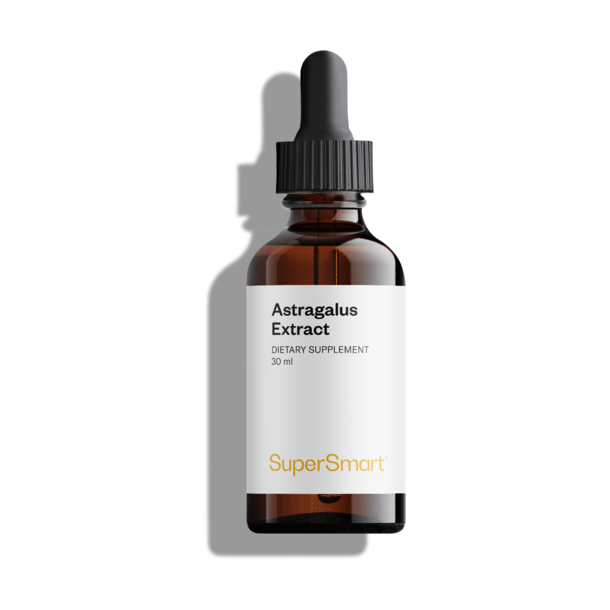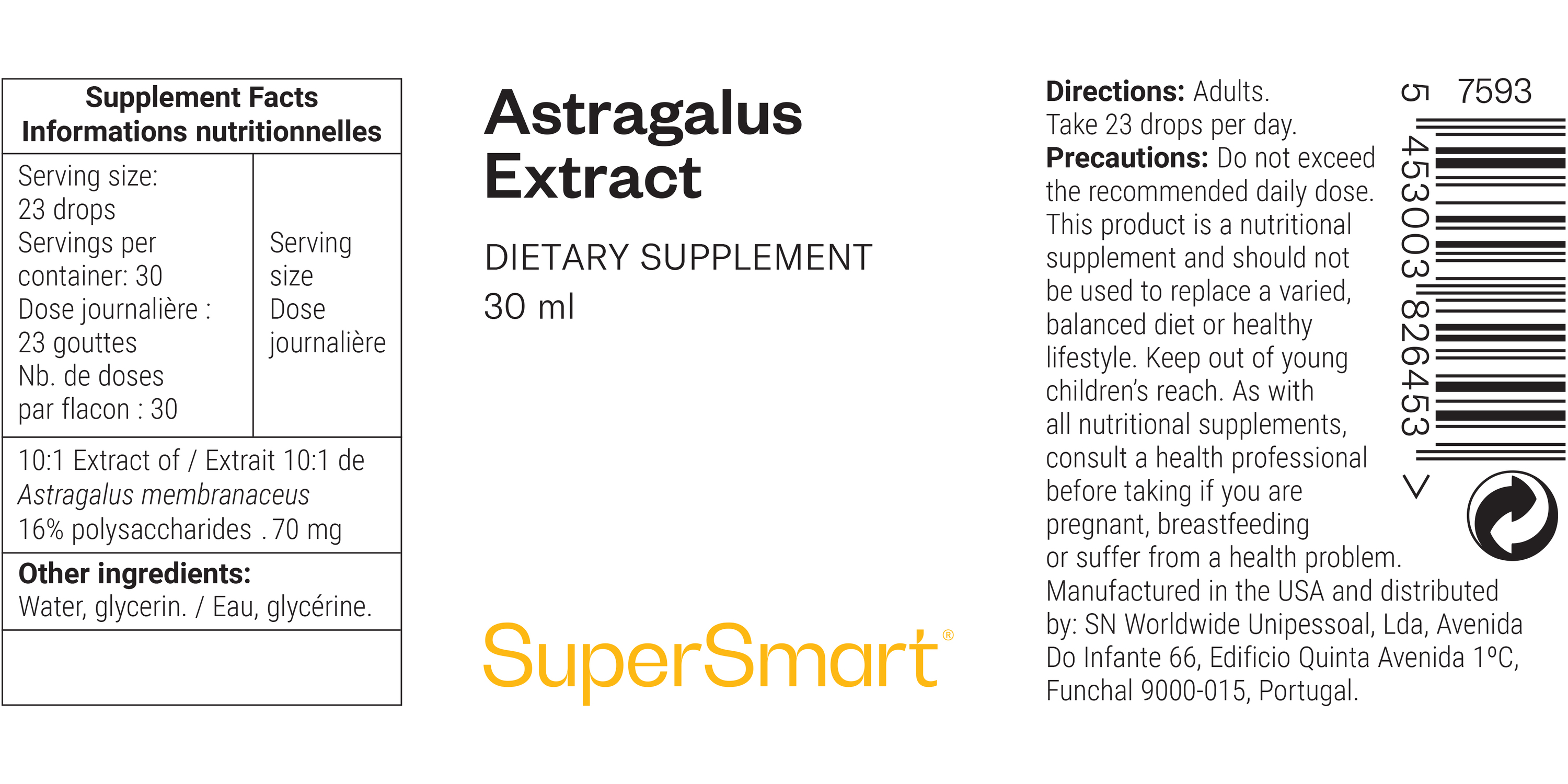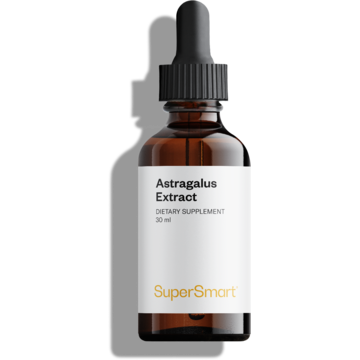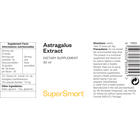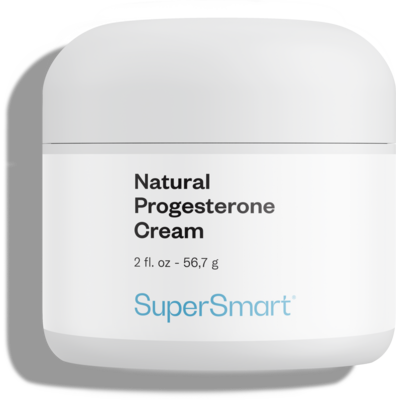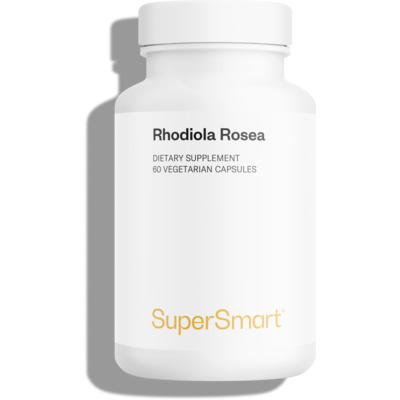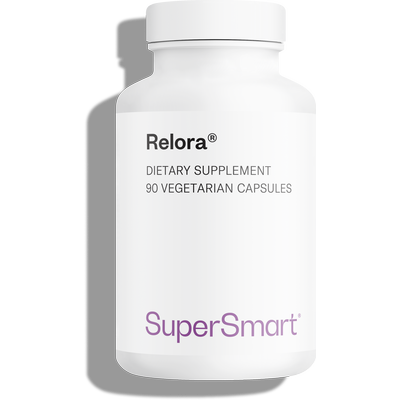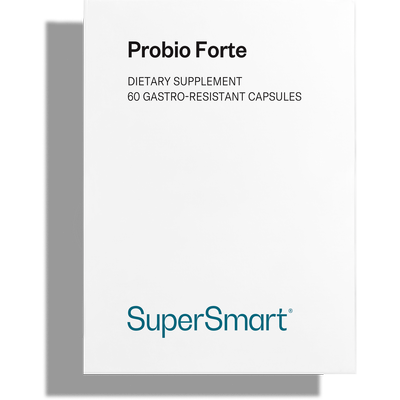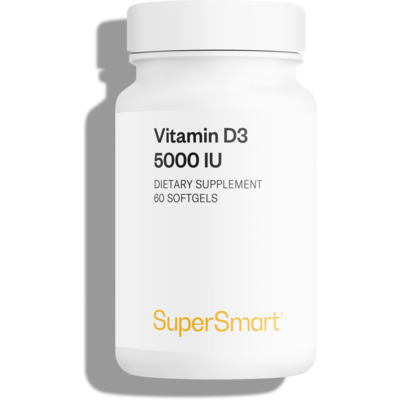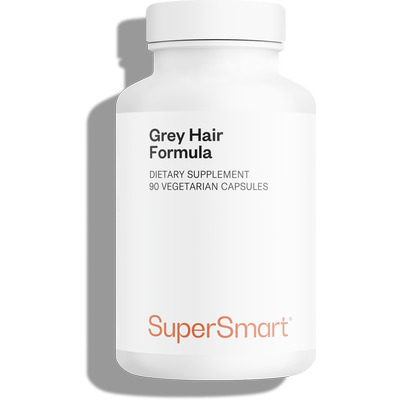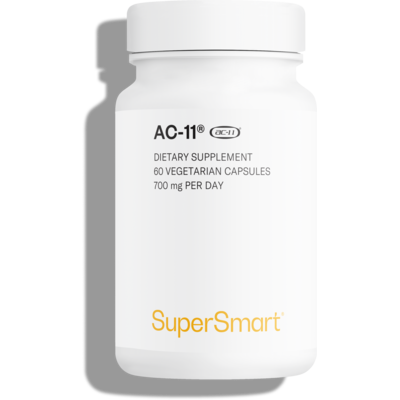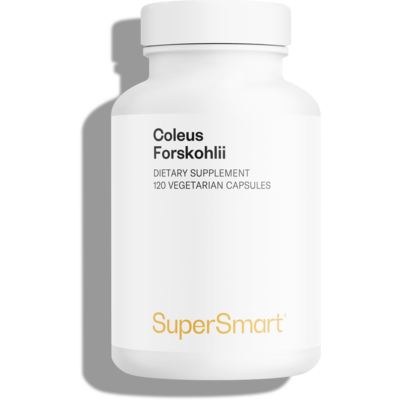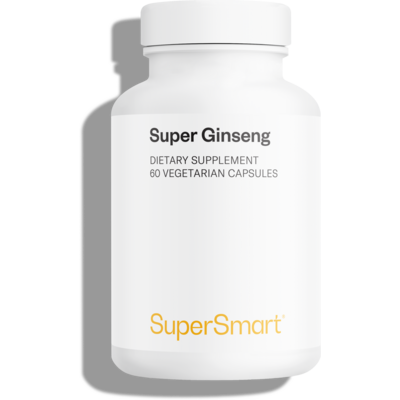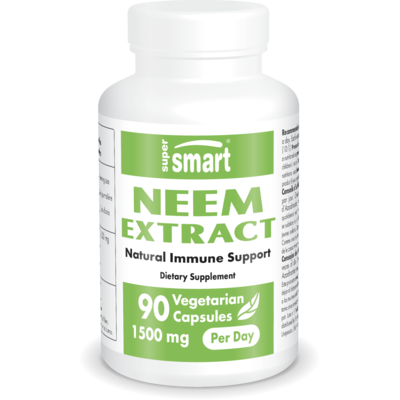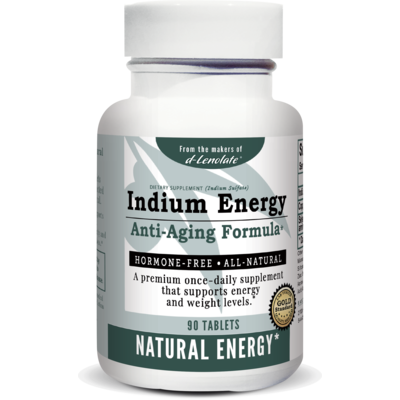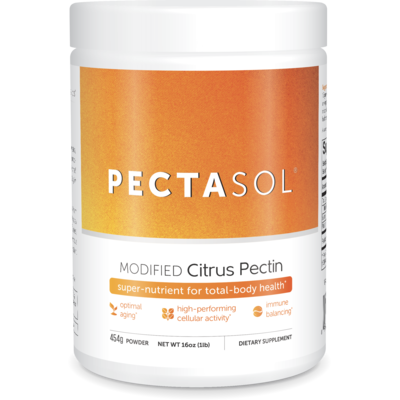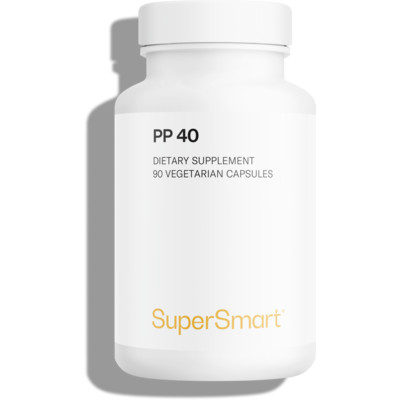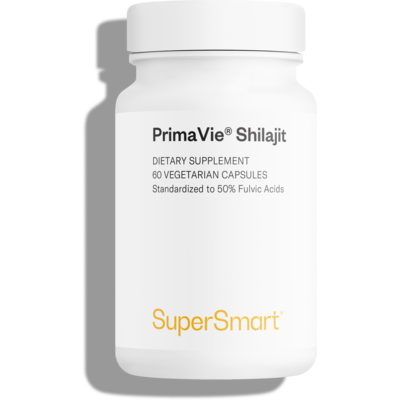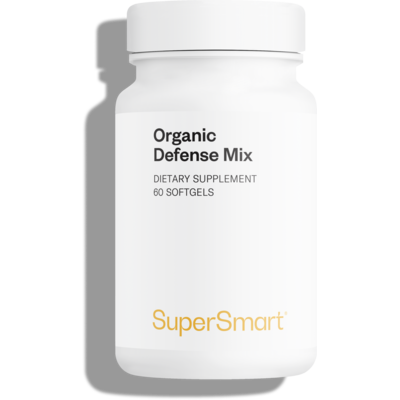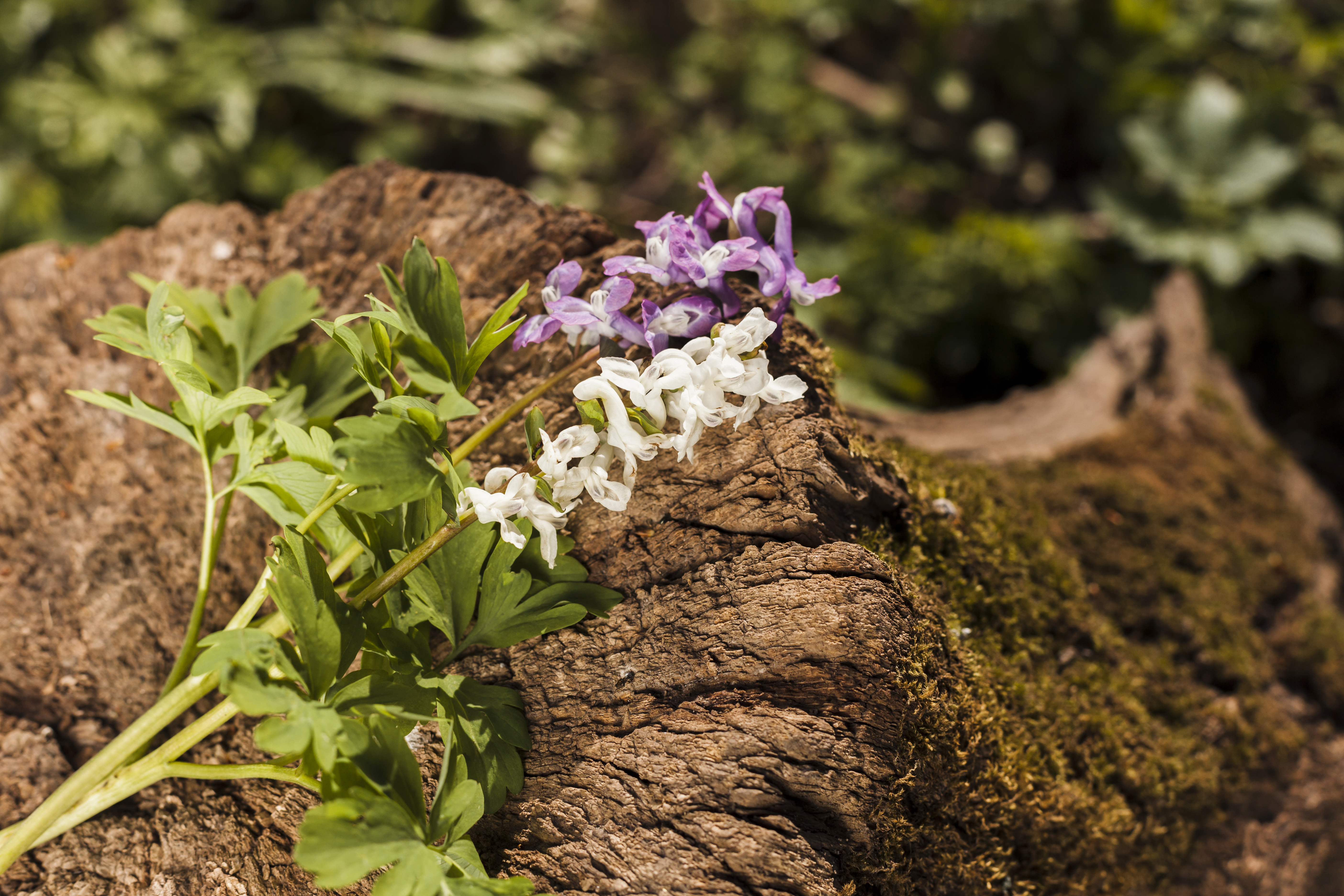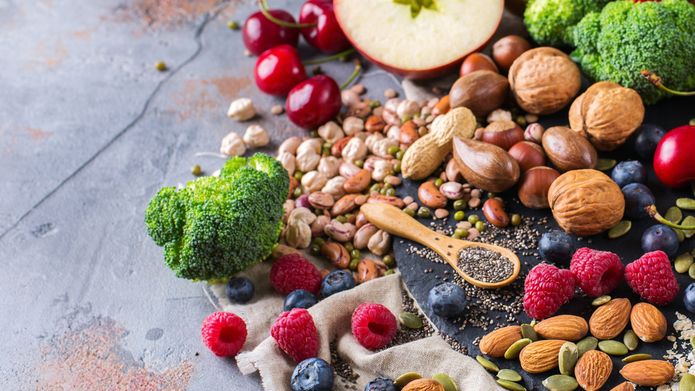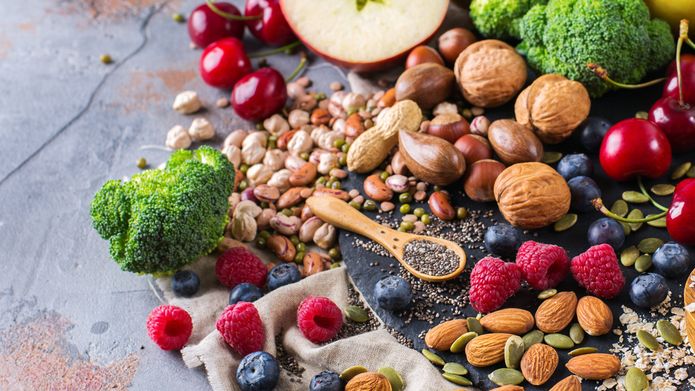Create Your Offer
Astragalus (Astragalus membranaceus or Huang Qi) is a plant which grows at the edge of forests in north-east China. The roots are harvested when the plants reach four or five years old, and are then dried and cut into thin strips from which tisanes can be produced.
Considered as an excellent tonic, astragalus has been prescribed for hundreds of years to treat a wide range of diseases, prevent weakness in those who are ill, and protect them from infection. Russian physician Dr Alexander van Bunge was the first to study and describe this species of legume in 1868 but it was only in the Seventies that large-scale scientific studies began to confirm its multiple properties.
What do the Studies Show About Astragalus Extract Properties?
- In vitro, astragalus has been shown to inhibit lipid peroxidation by 40% in the myocardium, thus constituting a powerful antioxidant which can protect the heart from oxidative stress. Studies have highlighted benefits for patients suffering from congestive heart failure and angina pectoris.
- Astragalus root extract is also used in traditional Chinese medicine for relieving neurodegenerative diseases. Chinese medicine frequently utilizes astragalus for boosting the body's protection from various types of stress, whether physical, mental, or emotional.
- In addition, certain studies have shown that astragalus can also reduce inflammation and protect the liver.
- One anecdotal but well-documented report showed that several months of topical use of a glycerin astragalus extract, combined or not with oral astragaloside IV, restored color to greying hair.
- It is worth noting that no side-effects have been reported with the use of this plant, either from the various studies conducted or from hundreds of years of use in humans.
What are the Benefits Associated with Astragalus Extract?
Astragalus increases the number of stem cells in the bone marrow and lymphatic tissue and promotes their development into active immune cells. It reactivates inactive immune cells, produces immunoglobulins, stimulates macrophages, and encourages regeneration of T lymphocytes and the activation of NK Cells.
Finally, astragalus is traditionally used in China as an adjunct support for patients undergoing chemotherapy, since it boosts resistance to the latter's immunosuppressant effects by inciting macrophages to produce interleukin-6 and tumor necrosis factor. It is therefore well indicated for reducing the toxic effects of chemotherapy and helps ... patients boost their defenses and recover more quickly as well as offering the possibility of extended survival.
The benefits of astragalus go even further, with the potential to extend lifespan, as examination of its components indicates. It contains flavonoids, polysaccharides, and triterpenic glycosides, including astragaloside and cycloastragenol which have been shown to stimulate telomerase in keratinocytes, fibroblasts, and immune cells in culture and to lengthen the shortest telomeres.
Why Opt for Astragalus Extract?
Astragaloside IV and Cycloastragenol are state-of-the-art anti-aging substances available to buy at SuperSmart. However, their very high extraction costs may, unfortunately, prevent a more widespread use.
The glycerin extract of the whole plant is thus particularly beneficial since it not only contains these valuable substances at a reduced dose, but it also offers synergistic effects from the plant's other components. More easily-absorbed than astragaloside IV or cycloastragenol, Astragalus Extract offers the promise of wide-ranging health benefits associated with its centuries-old traditional use.
Buy Astragalus Extract to benefit from its anti-aging properties.
Notes: this product is not a substitute for a diversified and balanced diet and a healthy lifestyle. Respect the advice for use, the recommended daily dose and the use-by date. Not recommended for pregnant or breastfeeding women and children under 15 years old. Keep out of reach of young children. Not recommended for people suffering from autoimmune diseases. Store in a dry and cool place.
WARNINGS
Do not exceed the recommended daily dose. This product is a nutritional supplement and should not be used as a substitute for a varied and balanced diet or a healthy lifestyle.
STORAGE
Store in a cool, dry place away from direct sunlight, heat, and humidity. Keep out of reach of children.
PREGNANCY AND MEDICAL CONDITIONS
If you are pregnant, breastfeeding, or have any medical conditions, consult your healthcare provider before using this product.
SUPPLEMENT INTERACTIONS
Consult your healthcare provider before use, especially if you are taking any medications or other supplements as there may be potential interactions.
Need Help?
Phone Number
+1 (786) 522-3907
From 9 am to 6 pm (EST)
Email Address
You May Also Like

